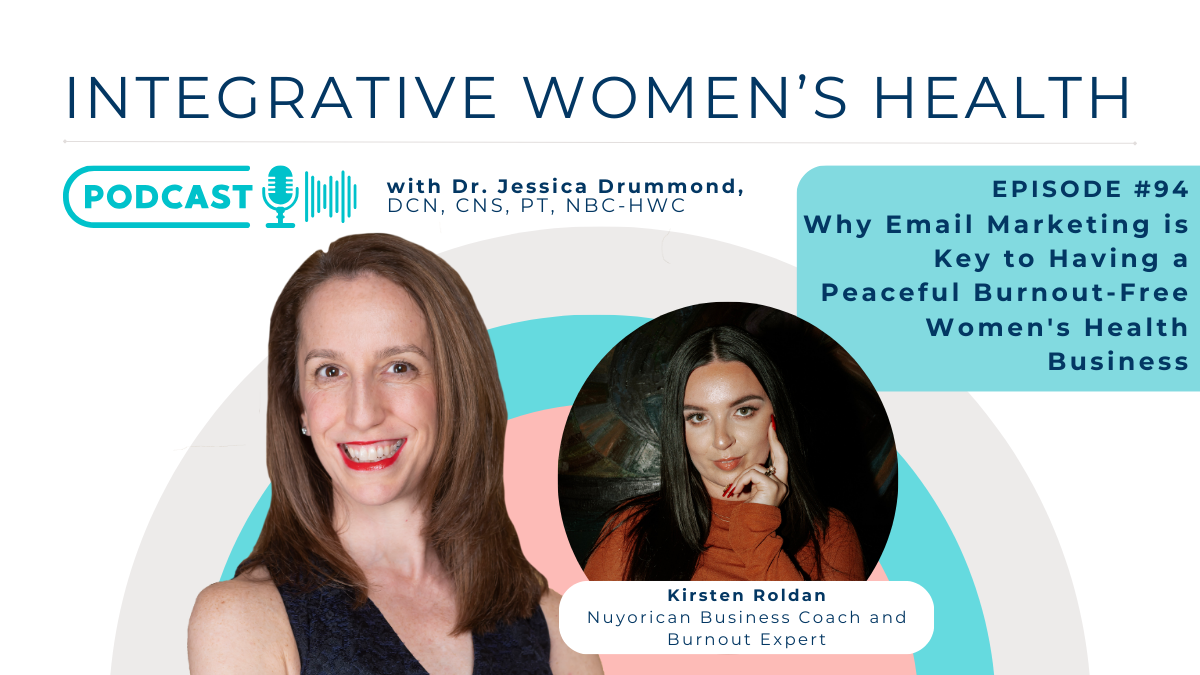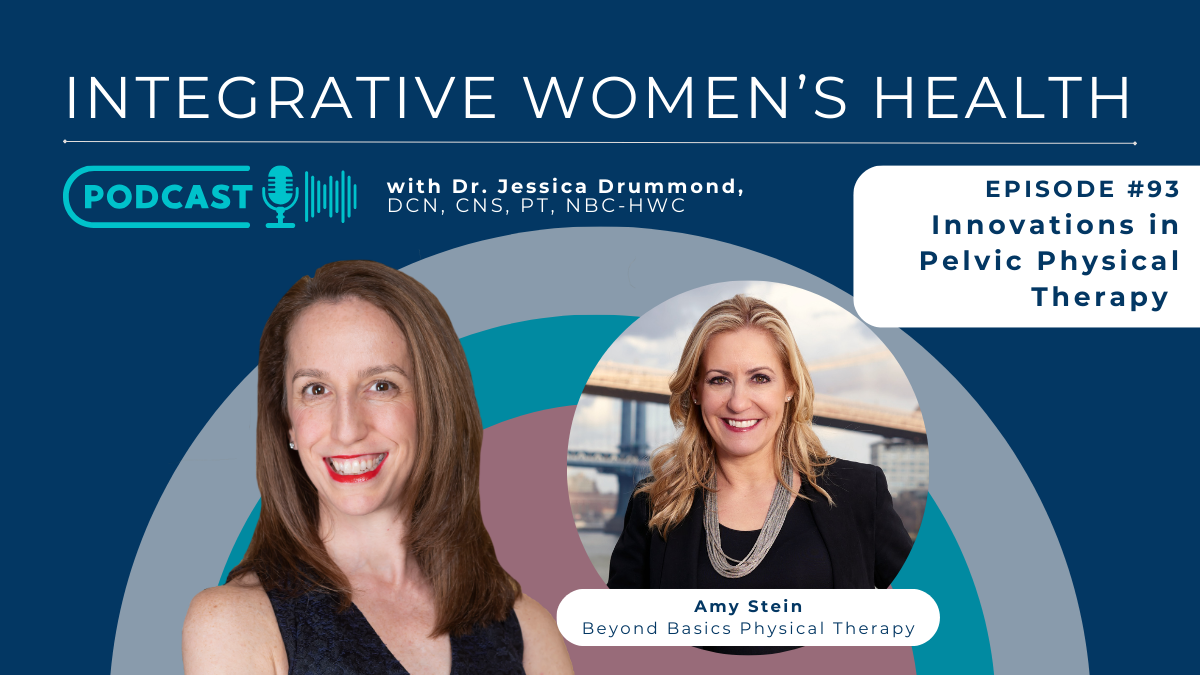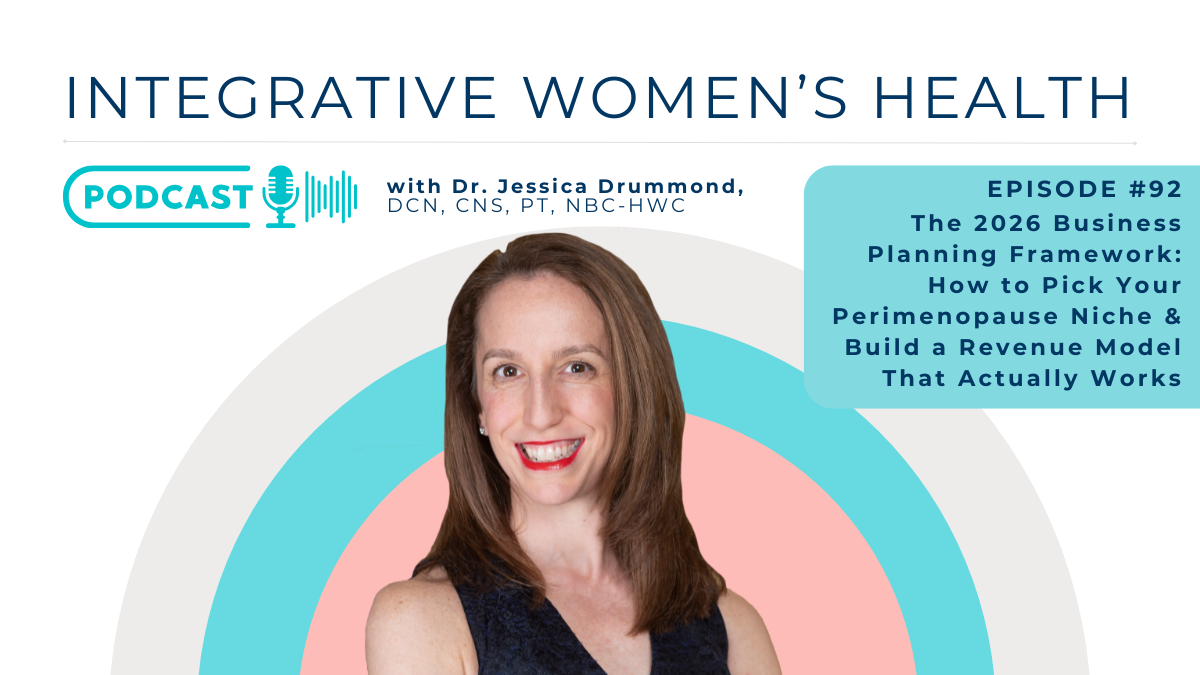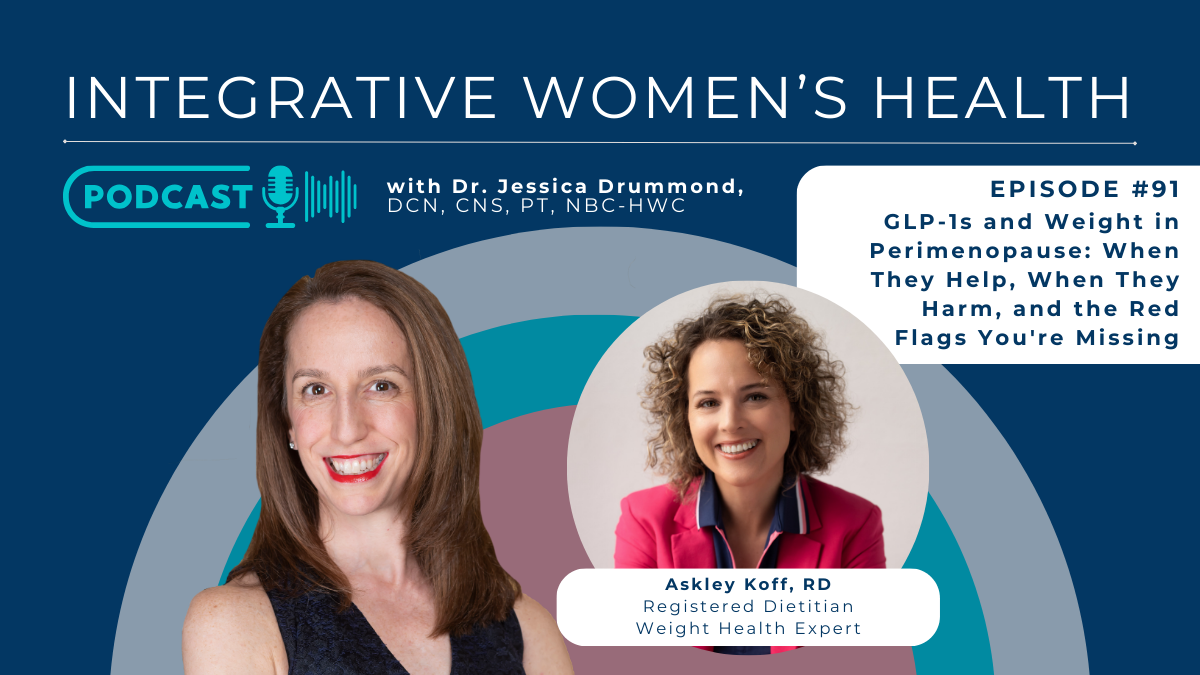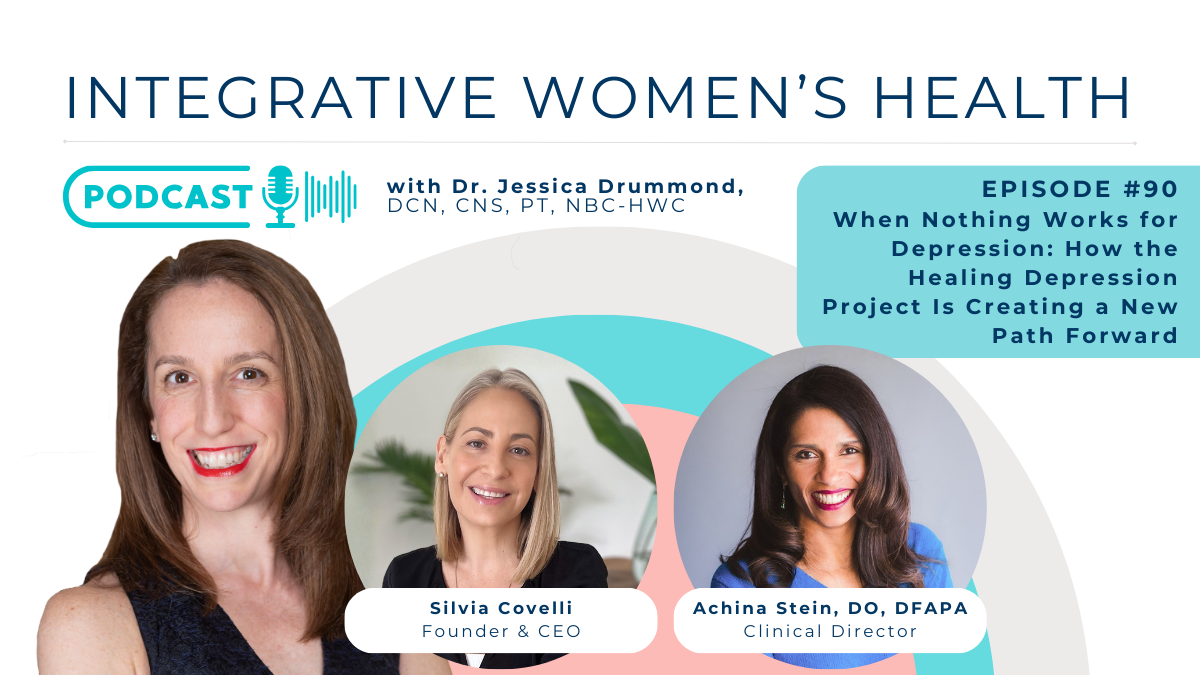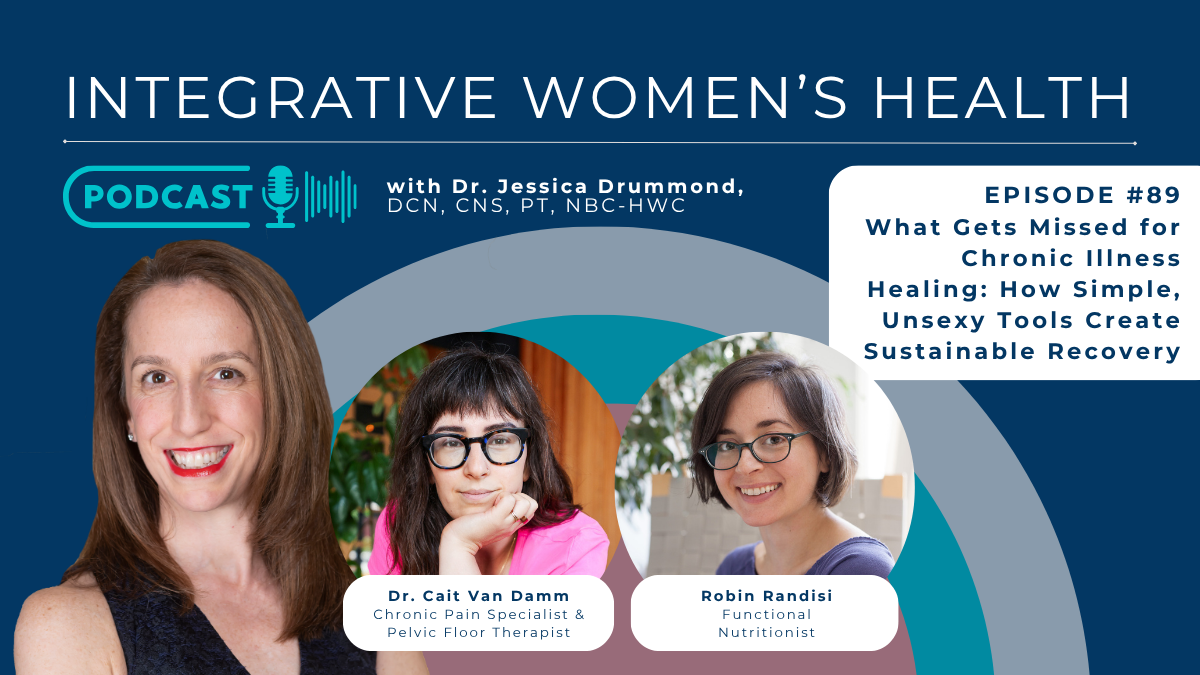What effect does alcohol have on female hormones? Do alcohol and hormones mix?
Alcohol and Hormones Have Significant Effects on Women’s Health
As with many things, when it comes to women’s health… It depends.
Beginning in perimenopause (around age 35-50), the ovaries begin to secrete less estrogen. However, estrogen is more than just a reproductive hormone. Estrogen is involved in the neuroendocrine, skeletal, adipogenesis, and cardiovascular systems.(1)
17β-estradiol (E2), the predominant and most potent endogenous estrogen in premenopausal women, and its receptors contribute to multiple disorders, including cancer, cardiovascular diseases, hypertension, osteoporosis, cognitive and behavioral alterations, neurodegenerative diseases, metabolic disorders (such as obesity and diabetes) and immune disorders. (2)
Postmenopausally, much of the circulating estrogen is produced by the aromatization of estrogen from androgens made in the adrenal glands and peripheral tissues.
Alcohol and Hormones, and Women’s Heart and Breast Health
78.8% of postmenopausal women report regular alcohol use of approximately 4.8 drinks per week.(3)
In the women who abstain from alcohol use, estradiol levels were measured at 100.8 +/- 12.1 pmol/liter, which is significantly lower than in alcohol users, 162.6 +/- 11.9 pmol/liter.(3)
Thus, postmenopausal moderate alcohol consumption increases circulating estrogen levels, which may be protective against cardiovascular disease.
Unfortunately, alcohol consumption increases circulating estrogen and decreases sex hormone binding globulin (SHBG), which increases the risk for breast cancer, especially in lean women. (4)
Both increased body fat and increased alcohol use increase circulating estrogen and reduce SHBG, but the effect does not seem to be addictive.
Thus, generally speaking, moderate alcohol consumption modulates estrogen in such a way as to reduce cardiovascular disease risk, but increase breast cancer risk, especially after menopause when aromatization is the key method of estrogen production.
Surprisingly, red wine, unlike other alcoholic drinks, acts as an aromatase inhibitor. Red wine is associated with significantly higher free testosterone and lower SHBG levels in healthy premenopausal women.(5) Red wine, grapes, and grape juice are all nutritional aromatase inhibitors.
When women drink has a significant impact on long-term breast cancer risk.
Both human and animal model data have demonstrated that environmental toxin exposures during adolescence and early adulthood are more important in breast cancer development than later life exposures later in life (6)
Between menarche and the first pregnancy, breast tissue undergoes rapid proliferation.
Thus, drinking alcohol during this period (and/or between menarche and age 30 depending on the study), is found to be dose-dependently associated with premenopausal breast cancer risk, with a 34% increase in risk for every 13 g/day (~1 drink/day) of intake, but not with postmenopausal risk.

Alcohol and Hormones, and Women’s Brain Health
Alcohol’s effect on cognitive function for older women is more complex. In women over 80, decreasing their alcohol consumption by >0.5 drinks/week was associated with increased risk (34.5%, OR=1.34, 95% CI 1.05-1.70) of dementia. (7)
There are a number of reasons that women over 80 could decrease their alcohol use in their older years.
For some women perhaps they are losing the protective benefit of moderate alcohol consumption on their cognitive health, for others they may be drinking less because they are less healthy, are taking more medications, are more socially isolated, or have a number of comorbidities that have caused them to stop drinking.
When observing the drinking habits of women in their 60s – 80s, drinking moderately (1-2 drinks per day) and regularly (two days per month to four days per week) was associated with better cognitive performance compared to less or more frequent drinking. (8)
Alcohol and Hormones… Practical Recommendations to Support Women’s Heart, Breast, and Brain Health
Thus, how much alcohol, which alcoholic drink, and how regularly women should drink depends on quite a bit on each individual woman’s health risks, family history, other health stressors, and preferences.
References:
- Lee, H.-R., Kim, T.-H., & Choi, K.-C. (2012). Functions and physiological roles of two types of estrogen receptors, ERα and ERβ, identified by estrogen receptor knockout mouse. Laboratory Animal Research, 28(2), 71–76. https://doi.org/10.5625/lar.2012.28.2.71
- Prossnitz, E. R., & Barton, M. (2011). The G protein-coupled estrogen receptor GPER in health and disease. Nature Reviews. Endocrinology, 7(12), 715–726. https://doi.org/10.1038/nrendo.2011.122
-
Gavaler JS, Van Thiel DH. (1992) The association between moderate alcoholic beverage consumption and serum estradiol and testosterone levels in normal postmenopausal women: relationship to the literature, Alcohol Clin Exp Res, 16(1), 87-92.
- Shin, A., Sandin, S., Lof, M., Margolis, K. L., Kim, K., Couto, E., … Weiderpass, E. (2015). Alcohol consumption, body mass index and breast cancer risk by hormone receptor status: Women’s Lifestyle and Health Study. BMC Cancer, 15, 881. https://doi.org/10.1186/s12885-015-1896-3
- Shufelt, C., Merz, C. N. B., Yang, Y., Kirschner, J., Polk, D., Stanczyk, F., … Braunstein, G. D. (2012). Red Versus White Wine as a Nutritional Aromatase Inhibitor in Premenopausal Women: A Pilot Study. Journal of Women’s Health, 21(3), 281–284. https://doi.org/10.1089/jwh.2011.3001
- Liu, Y., Nguyen, N., & Colditz, G. A. (2015). Links between alcohol consumption and breast cancer: a look at the evidence. Women’s Health (London, England), 11(1), 65–77. https://doi.org/10.2217/whe.14.62
- Hoang, T. D., Byers, A. L., Barnes, D. E., & Yaffe, K. (2014). Alcohol consumption patterns and cognitive impairment in older women. The American Journal of Geriatric Psychiatry : Official Journal of the American Association for Geriatric Psychiatry, 22(12), 1663–1667. https://doi.org/10.1016/j.jagp.2014.04.006
-
E.T. Reas, G.A. Laughlin, D. Kritz-Silverstein, E. Barrett-Connor, and L.K. McEvoy (2016) Moderate, Regular Alcohol Consumption is Associated with Higher Cognitive Function in Older Community-Dwelling Adults, Prev Alzheimers Dis, 3(2), 105–113. doi: 10.14283/jpad.2016.89


